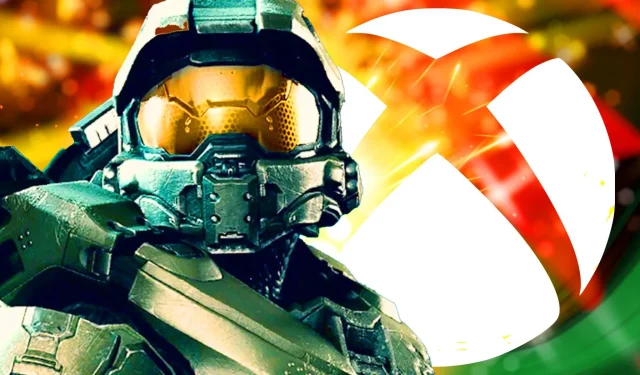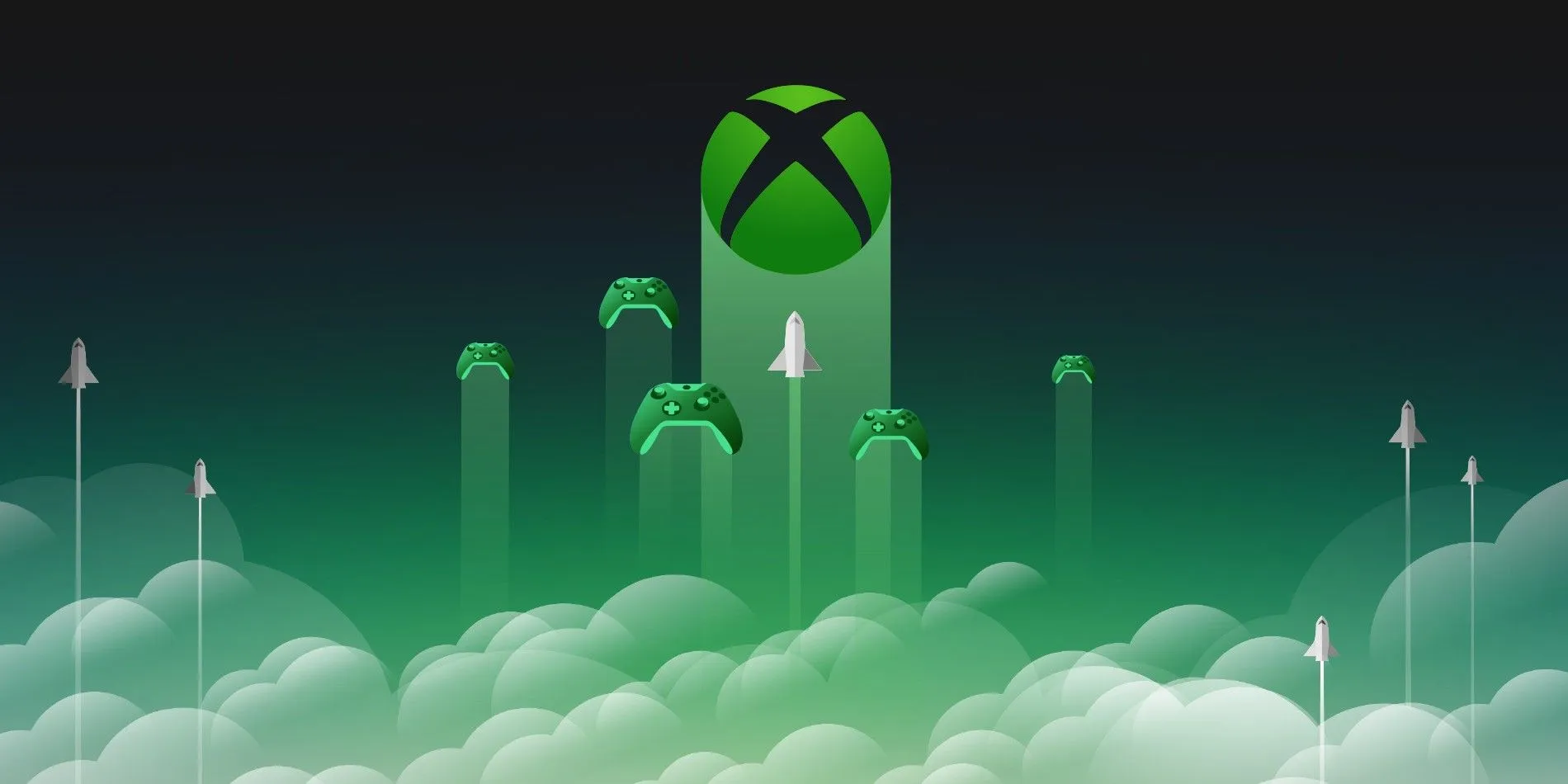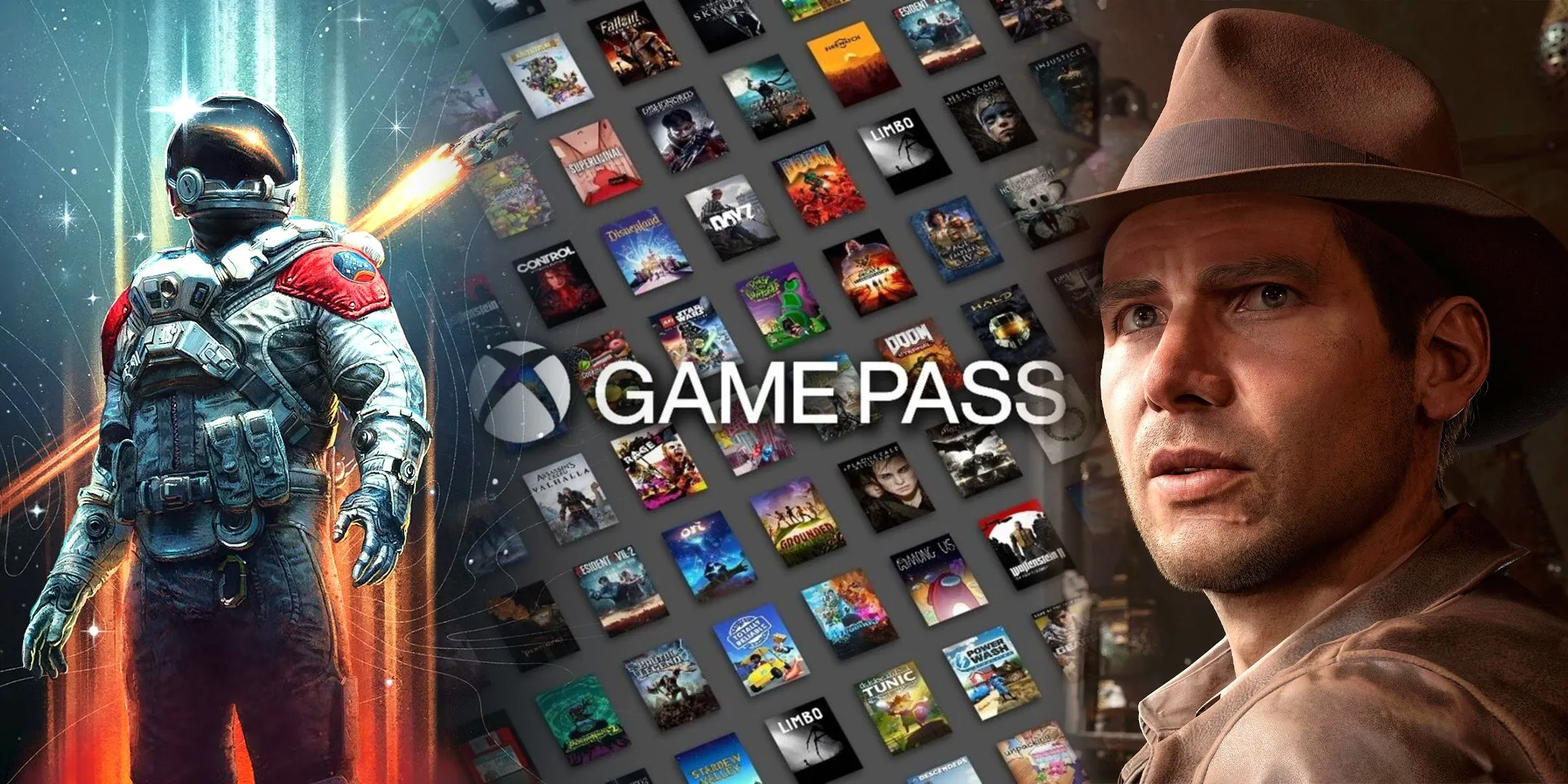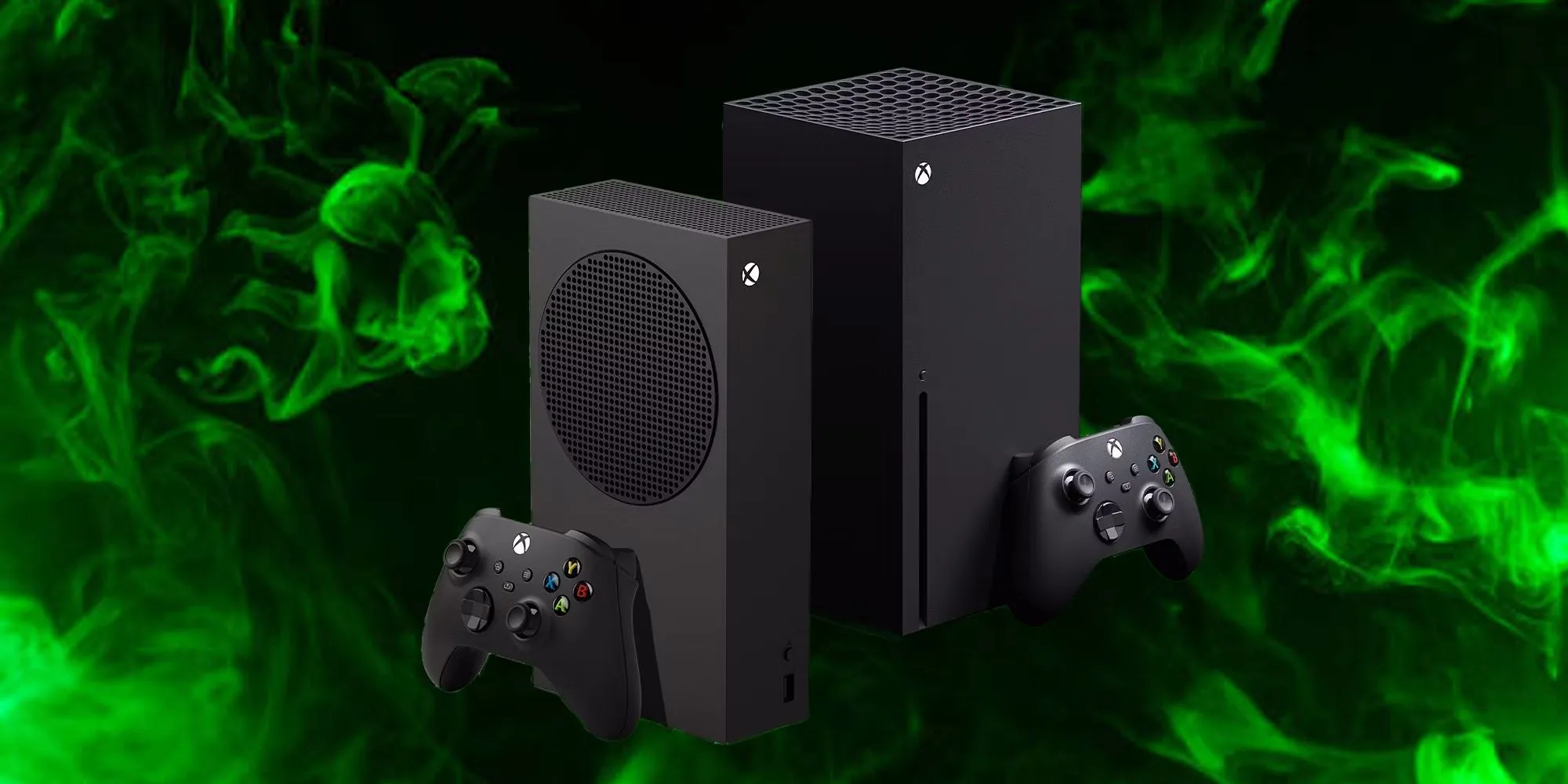
The transformation of Xbox is undeniable, as Microsoft embarks on a bold new journey that redefines the concept of gaming. Unlike competitors Nintendo and Sony, who adhere to traditional strategies that have secured their success across generations, Microsoft is reshaping its vision for Xbox. This shift is substantial and increasingly impossible to overlook as the company ventures into uncharted territory.
The landscape of Xbox gaming is evolving, marked by significant changes in online services, exclusive titles, and hardware strategies. Acknowledging these transitions highlights just how different the Xbox experience has become, especially as we approach 2025, a pivotal year that may signify the end of the Xbox players have come to know.
Xbox: The Evolution Beyond Console
Emphasis on Online Services

One of the most apparent shifts in Xbox’s trajectory is its increasing focus on Game Pass. This subscription service redefines the conventional gaming experience by granting instant access to a vast library of titles, significantly diminishing the financial burden typically associated with game ownership. This evolution emphasizes accessibility, making it easier for players to dive into their favorite games without the need to build an expensive collection from the ground up.

Alongside Game Pass, Microsoft has introduced Xbox Cloud Gaming, further transforming the gaming paradigm. This innovative feature liberates players from the constraints of traditional consoles, allowing them to access their games seamlessly across multiple devices, including smartphones, PCs, and smart TVs. Overall, Xbox is evolving from a conventional console into a comprehensive gaming service.
The Decline of Xbox Hardware
Avoiding Console Purchases: A New Microsoft Strategy

While this approach enhances accessibility, it signals Microsoft’s diminishing enthusiasm for promoting Xbox as a traditional console. With Game Pass emerging as a more cost-effective alternative for many gamers, the value of acquiring an Xbox Series X|S is being reconsidered. Recent reports from Eurogamer highlighted a 29% drop in hardware revenue year-on-year, indicating waning interest in Xbox consoles.
This trend is further echoed in Microsoft’s treatment of exclusivity; numerous titles previously exclusive to Xbox and PC, such as Hi-Fi Rush, are now branching out to other platforms. Upcoming releases like Indiana Jones and the Great Circle are also expected to join the ranks of multiple platforms, undermining the notion of Xbox as a hardware-exclusive realm.
Despite this trend, Microsoft hasn’t completely divested from hardware innovation. The company recently confirmed the development of a next-gen Xbox console and a dedicated handheld prototype. However, with the increasing accessibility of games through alternative means, there’s a growing perception that Microsoft may eventually pivot away from traditional console gaming.
2025: Xbox’s Last Hurrah
Nostalgic Releases for Xbox in 2025

As we look toward the future, signs suggest that the traditional Xbox console may become obsolete. Although the success of Game Pass and Cloud Gaming promotes greater accessibility, there are substantial concerns among long-time fans regarding the potential demise of a significant competitor in the gaming industry. Xbox has always been recognized for its robust hardware and exclusive titles, which have defined its legacy.
Looking ahead, 2025 might represent the final opportunity for enthusiasts to experience the iconic Xbox experience. Major titles, including Avowed and a reboot of the beloved Fable series, are set to release exclusively on Xbox Series X|S and PC. Although these games will also be available through Game Pass, they present a nostalgic glimpse into Xbox’s storied past.
Avowed’s delay from 2024 to 2025, reportedly for Game Pass scheduling, reflects the company’s prioritization of its services over the console experience, further highlighting the shifting landscape.
As we navigate these significant changes, the future landscape of Xbox remains uncertain. However, the transition toward a service-oriented model is apparent. Ultimately, players may have one final chance to celebrate the classic Xbox before ushering in a new era of gaming.




Leave a Reply ▼